Warwick Powell
Adjunct Professor at Queensland University of Technology
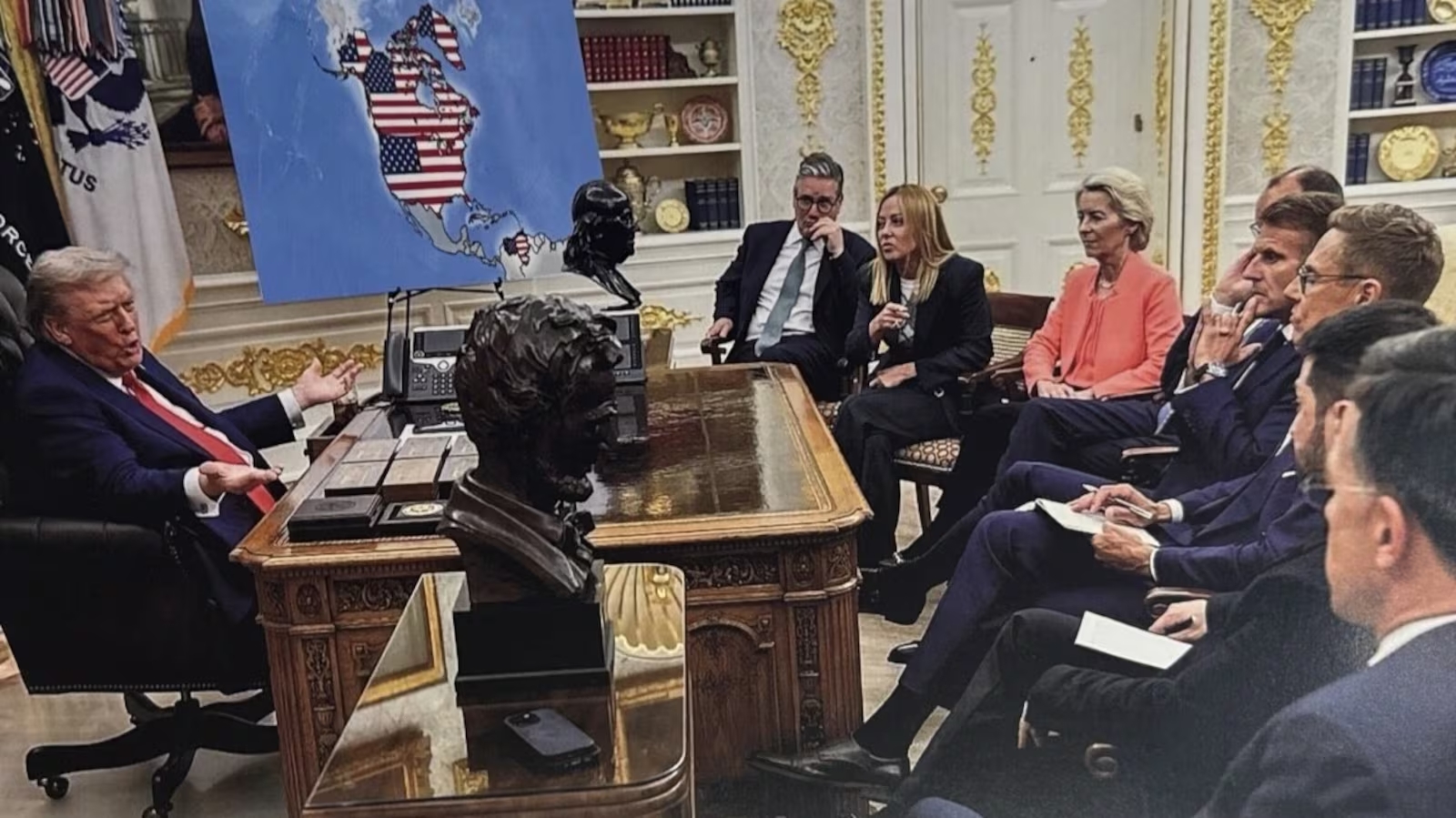
Jan 21, 2026
(Social media @realDonaldTrump)In May 2024, I penned an article that framed Europe’s existential dilemma starkly: either fade into obscurity as the "conti
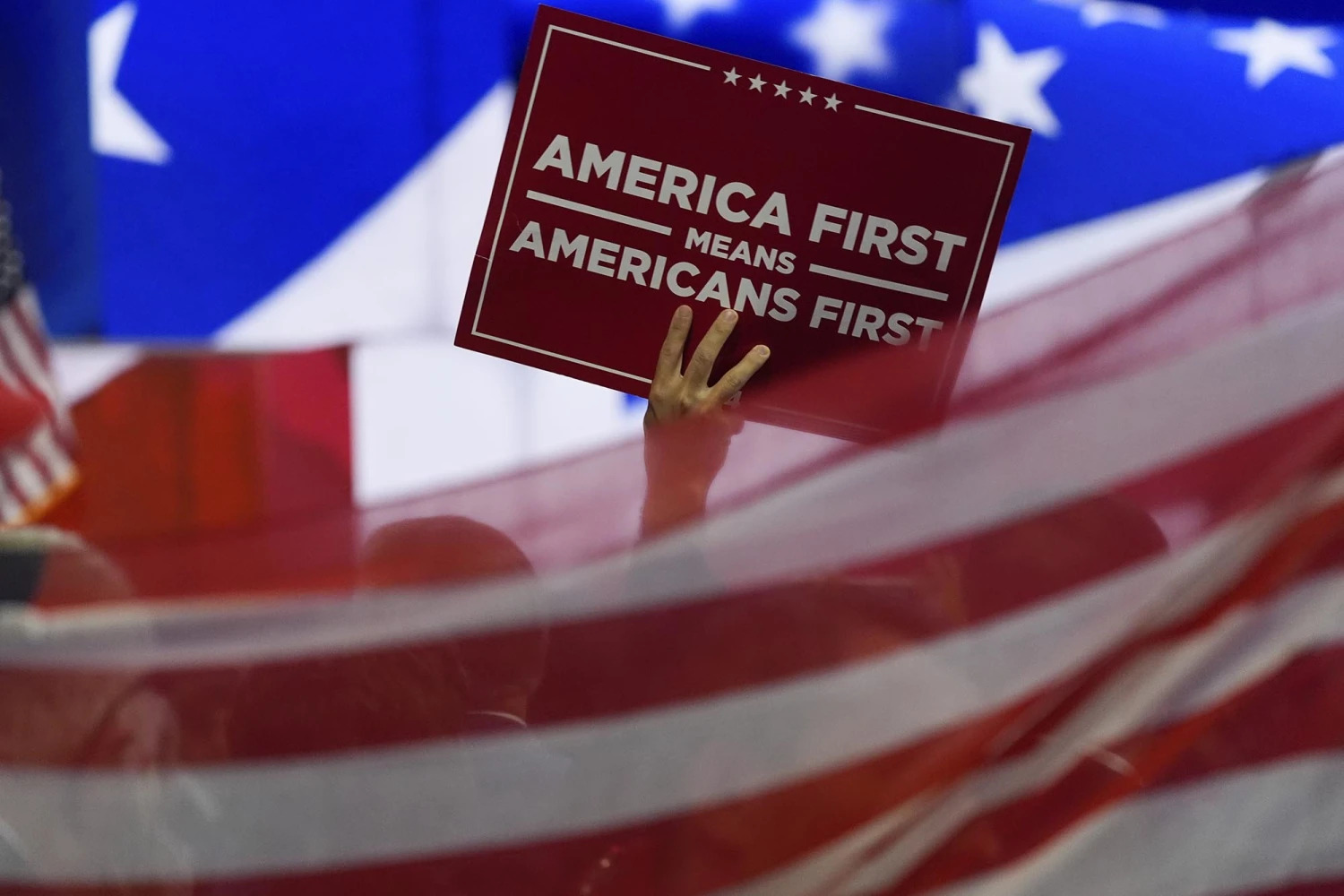
Dec 22, 2025
In the waning days of 2025, the United States unveiled its National Security Strategy (NSS), a document that reads less like a blueprint for global dominance and more like the confessions of a fading hegemon. Penned in the shadow of economic strains, industrial atrophy, and military overstretch, the NSS trumpets “America First” while subtly shifting the burdens of empire onto allies.

Nov 26, 2025
In mid-November 2025, Japan’s new prime minister, Sanae Takaichi, in a moment of parliamentary pressure, crossed a line that Beijing had long drawn in red ink.
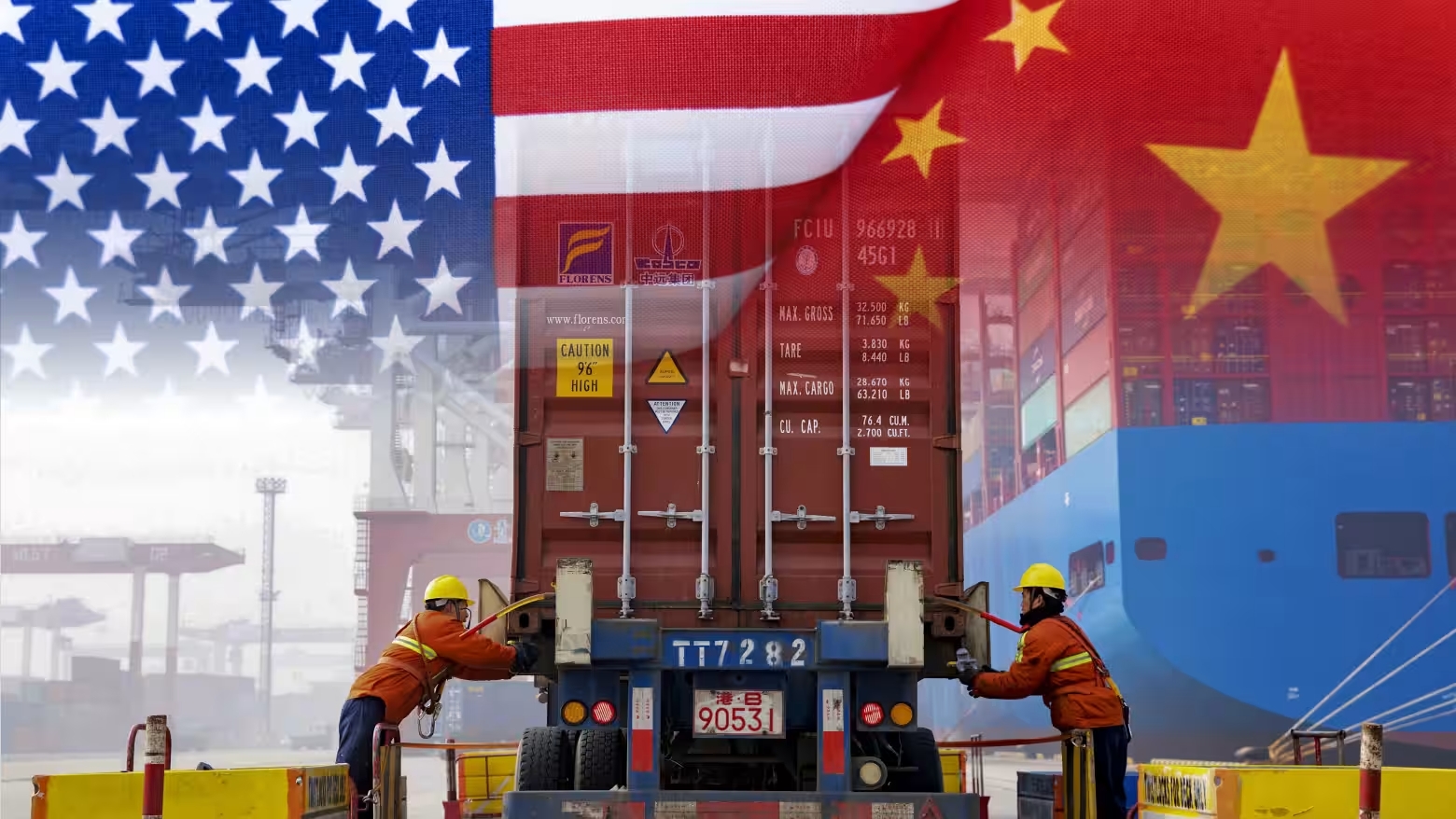
Nov 10, 2025
In the geopolitical theater of 2025, the United States’ trade posture toward China exemplifies a pattern of escalating threats that yield diminishing strategic returns.
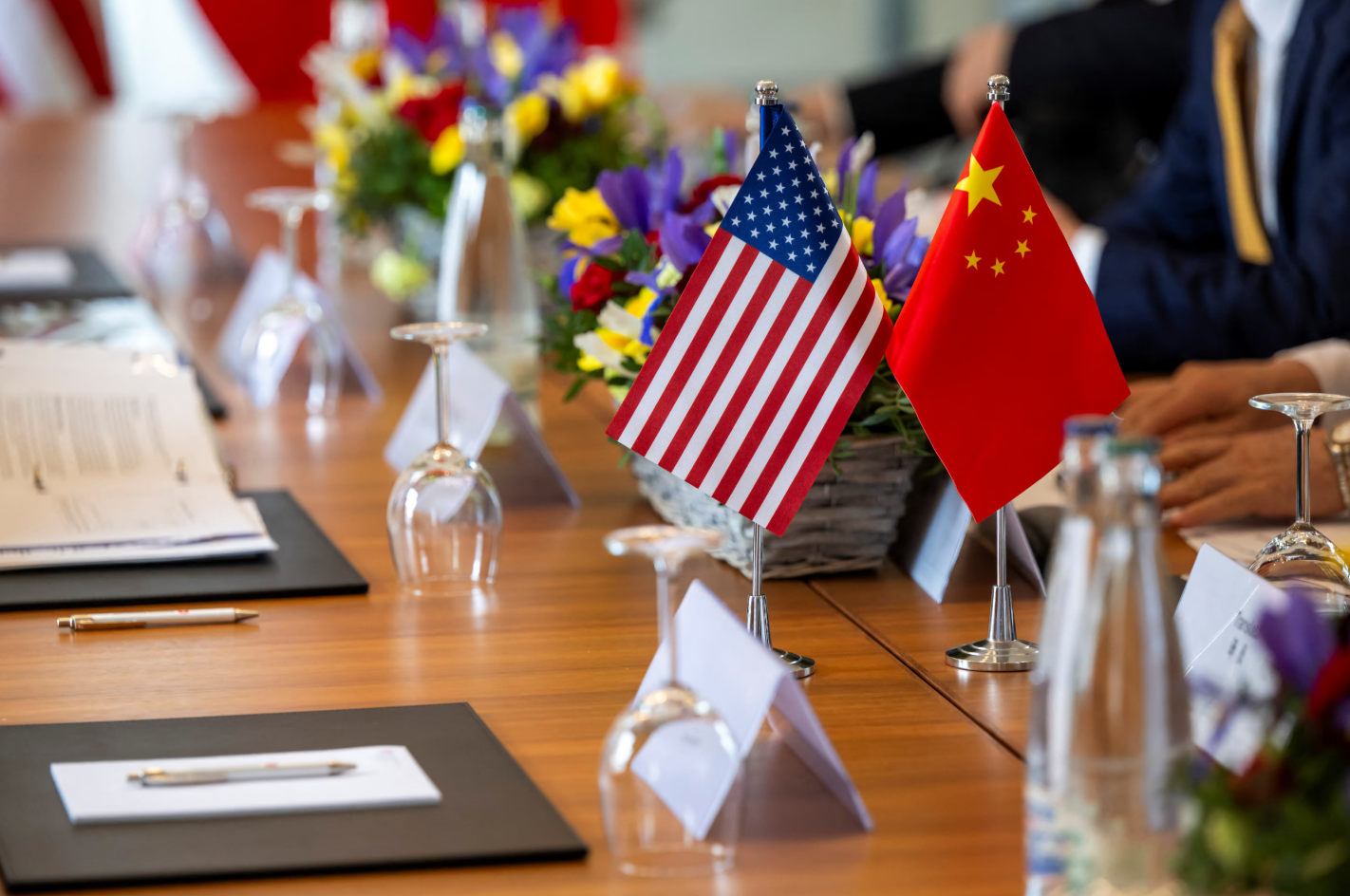
Oct 27, 2025
John Maynard Keynes’ The Economic Consequences of the Peace (1919) remains one of the most prescient critiques of postwar settlement in modern history. In it, Keynes warned that victory can hollow itself out when the victors lose their sense of humility. The punitive reparations imposed upon Germany after World War I, he argued, sowed the seeds for future instability by humiliating and impoverishing a nation that, once stripped of dignity and hope, would not long consent to the order imposed upon it. His insight was both economic as well as moral and political: sustainable peace requires magnanimity, not vengeance; it presupposes an architecture of inclusion, not one of exclusion. In today’s parlance, it rejects blocs aimed at those outside and seeks to ground relations in the idea of indivisible peace.

Sep 26, 2025
The United States remains committed to global primacy. That’s been a longstanding ambition that cuts across party lines inside the Beltway. Its security doctrines, diplomatic rhetoric and military posture continue to project the image of an indispensable nation whose umbrella guarantees the survival of allies from Europe to Asia. Yet beneath this facade, a widening gap has emerged between Washington’s strategic ambitions and its material capabilities.

Aug 22, 2025
The war in Ukraine grinds on into its fourth year, and yet peace seems elusive. American President Donald Trump recently met Russian President Vladimir Putin in Anchorage, Alaska. Some hailed this as a breakthrough; others derided it as Trump being “played.”
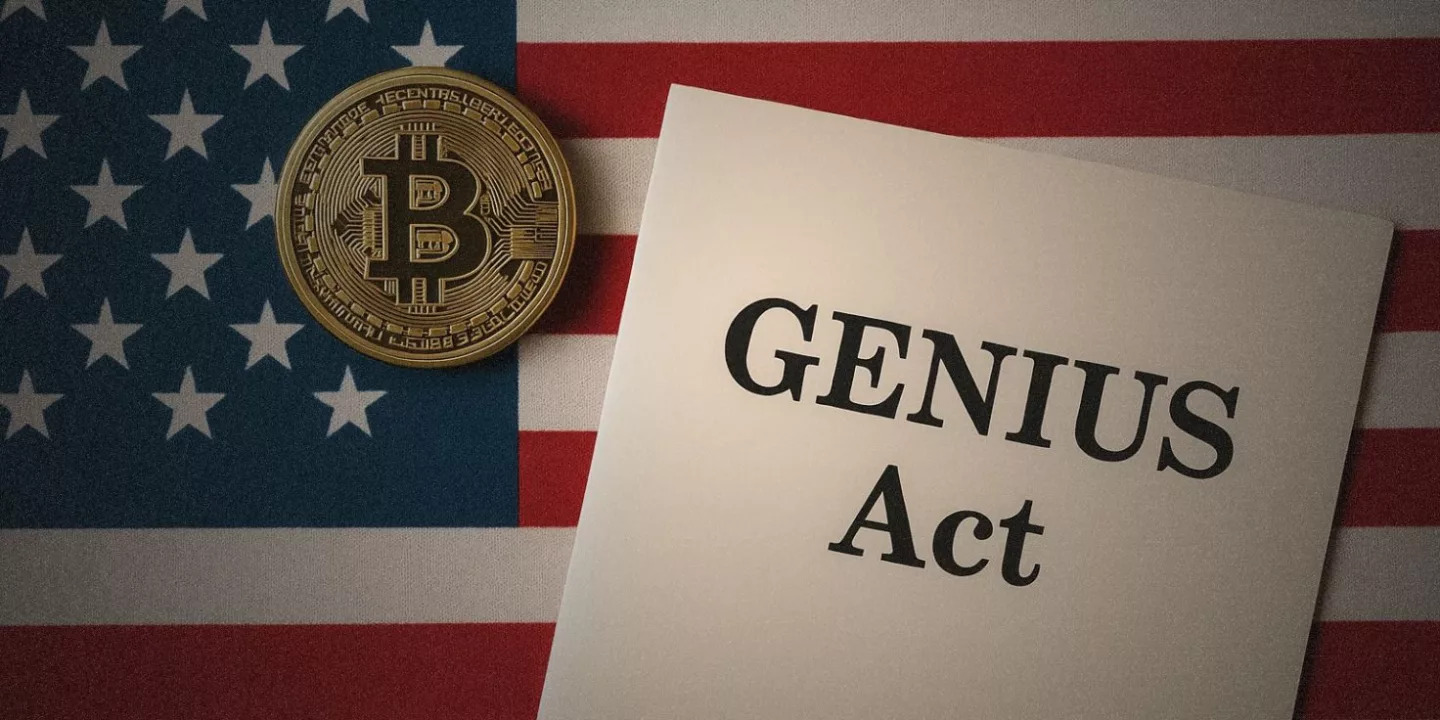
Jul 28, 2025
While Washington continues to dress up its economic strategy as innovation-driven and market-oriented, the passage of the so-called GENIUS Act suggests the emergence of a desperation, leading to the reckless engineering of systemic financial instability under the guise of modenisation. By enabling U.S. Treasuries to be used to underpin the issuance of so-called stablecoins, the new laws create a synthetic loop of leverage, which could threaten the very stability of the American and global financial systems.

Jun 30, 2025
The genius of China’s approach is that it never triggers a full-scale crisis. It ensures that American companies and politicians exist in a state of perpetual anxiety. Inventories shrink to manage costs and procurement becomes a game of roulette. Meanwhile, Beijing can modulate the pressure.

May 30, 2025
In the week of 25th May 2025, Kuala Lumpur played host to a landmark event: the inaugural ASEAN-GCC-China Summit. It brought together Southeast Asian nations, the Gulf states, and China - three pillars of the emerging multipolar order - in a signal moment of strategic realignment. While headlines may focus on trade, energy, and infrastructure cooperation, the deeper story lies in a quiet revolution in how the world’s fastest-growing economies trade, settle, and invest - increasingly without the U.S. dollar.
